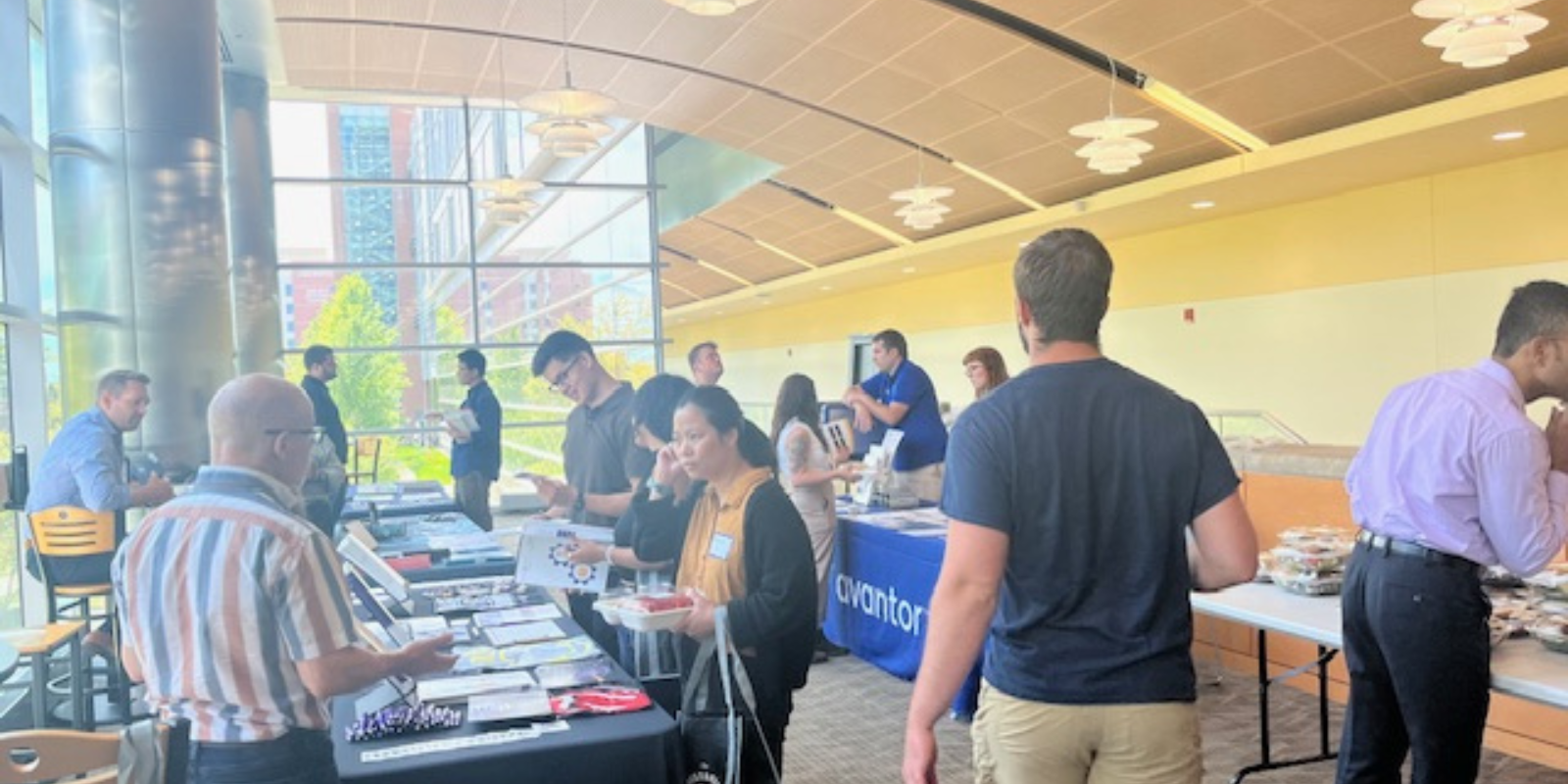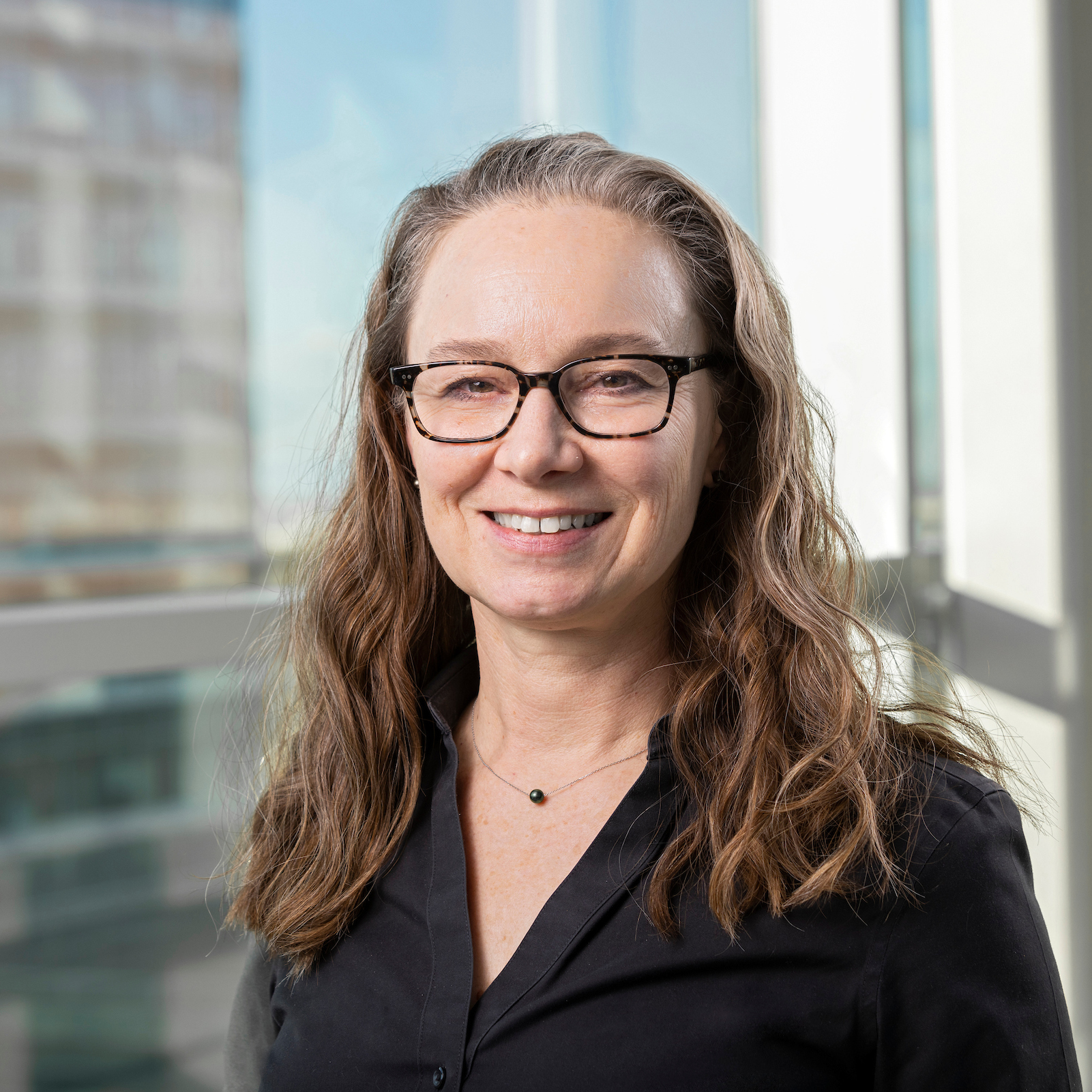More than 150 participants gathered on the University of Colorado Anschutz Medical Campus in late August to share data and ideas around gene regulation and chromatin.
Hosted by the Molecular and Cellular Oncology Program (MCO) at the CU Cancer Center, the 2024 Colorado Genome Regulation Meeting was attended by faculty and trainees from CU Anschutz, CU Boulder, CU Denver, Colorado State University, and National Jewish Health.
In addition, several companies developing technical advances toward studying chromatin and histones presented their work.
Experts and early-career investigators
Keynote speaker Thomas Cech, PhD, a Nobel laureate and distinguished professor of biochemistry at CU Boulder, shared new work in progress and showcased regional strengths in chromatin and RNA biology. During a lunchtime poster session, early-career investigators presented their research to peers and senior investigators.
Genome regulation encompasses all facets of how our genetic material — our DNA — is used. Genome regulation includes everything from biochemical changes that affect how genes get turned on and off to the physical arrangement and integrity of chromosomes. Genome regulation programs control which proteins are produced, and to what level — a fundamental process that can go awry in diseases such as cancer.

Research instructor Bethany Veo, PhD, presents her research at the Colorado Genome Regulation Meeting.
The symposium highlighted the latest research in these areas by scientists from the CU Cancer Center and collaborators.
“The research presented ranged from basic structural biology to people who study gene regulation in cancer and heart disease,” says Patricia Ernst, PhD, co-leader of the MCO. “Gene regulation is a way of understanding all sorts of diseases, and the MCO sponsored the conference to support the intellectual cross-fertilization between these different types of researchers since gene regulation is invariably affected in cancer.”
Ernst facilitated the meeting along with Aaron Johnson, PhD, associate professor of biochemistry and molecular genetics, and Joe Nassour, PhD, assistant professor of biochemistry and molecular genetics.
Setting the stage
Then MCO provided financial and administrative support for the Genome Regulation Meeting because the group significantly overlaps with MCO membership, Ernst says.
“About half of the talks focused on cancer,” she says. “The speakers were well distributed between those developing novel new technologies to study gene regulation and those with cancer biology questions that could benefit from such technologies. We look forward to collaborations budding from this remarkable forum.”
Featured image: Meeting attendees visit the vendor information tables during a break.




